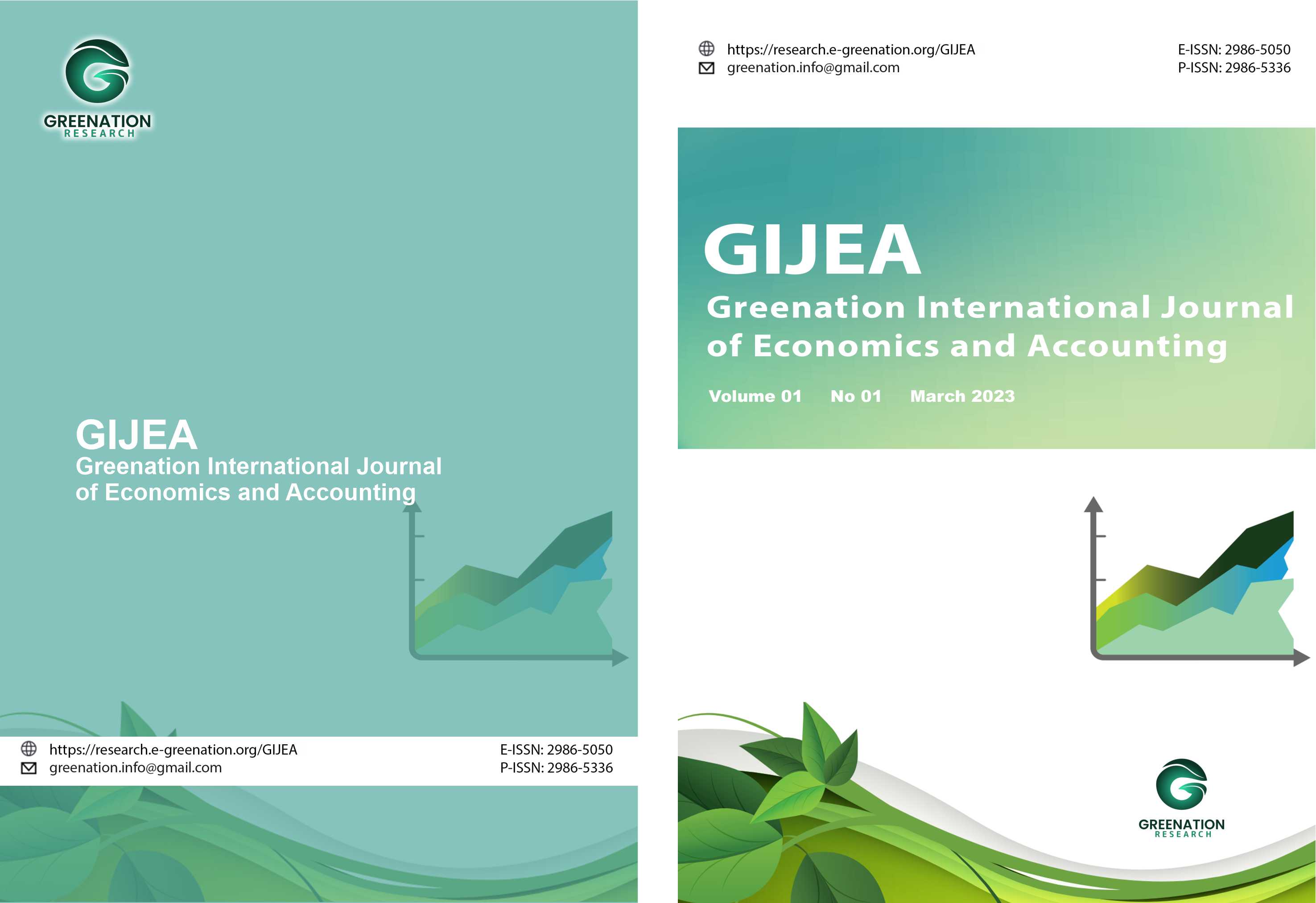Adoption of Wearable Technology (Smartwatch) for Health Monitoring: Opportunities and Marketing Strategies
DOI:
https://doi.org/10.38035/gijea.v3i1.376Keywords:
Smartwatches, Health Awareness, Purchase BehaviorAbstract
This qualitative study explores the role of smartwatches in supporting body health by examining user perceptions and experiences. With the advancement of wearable technology, smartwatches have become increasingly popular not only as communication tools but also as health monitoring devices. This research focuses on identifying the benefits and challenges associated with using smartwatches to monitor physical activity, heart rate, sleep patterns, and other health-related metrics. Data were obtained through literature review and observation of user behavior, emphasizing the subjective understanding of how smartwatch features contribute to health awareness and lifestyle changes. The study concludes that smartwatches can significantly aid in promoting healthier habits and preventive healthcare when used consistently and consciously. However, technological limitations and user dependency may affect their effectiveness. This research provides valuable insights into the integration of digital health tools in everyday life and their implications for personal health management.
References
Baron, R., & Belalov, B. (2024). Emerging Trends and Strategic Marketing Insights for DTC Wearable Health Tech for 2024. Www.Baronbelalov.Com. https://www.baronbelalov.com/emerging-trends-and-strategic-marketing-insights-for-dtc-wearable-health-tech-for-2024
Chen, L., Zhao, Y., & Wang, M. (2024). Consumer trust and data privacy in wearable healthcare technologies: Challenges and strategies. Journal of Digital Health Innovation, 11(1), 22–35. https://doi.org/10.1080/17437199.2021.1887654
Chowdhury, M., Rahman, M., & Islam, T. (2021). Consumer education and adoption of health-related wearable technology: A behavioral perspective. Journal of Consumer Health Technology, 6(3), 210–225. https://doi.org/10.1016/j.jcht.2021.03.004
Joshi, Y., Lim, W. M., Jagani, K., & Kumar, S. (2025). Social media influencer marketing: foundations, trends, and ways forward. Electronic Commerce Research, 25(2), 1199–1253. https://doi.org/10.1007/s10660-023-09719-z
Kumar, A., & Davis, M. (2021). Wearable devices as behavior change tools: Evidence from health tracking users. Journal of Health Psychology and Behavior, 18(4), 278–291. https://doi.org/10.1080/17437199.2021.1887654
Lee, J., Han, S., & Kim, Y. (2023). Real-time health monitoring and preventive care using smartwatches: A user-centered study. Digital Health Research, 9, 100158. https://doi.org/10.1016/j.dh.2023.100158
Najiah, L. (2024). EDUCATIONAL MARKETING MANAGEMENT STRATEGY THROUGH SOCIAL MEDIA TO INCREASE THE INTEREST OF NEW STUDENTS. https://ejournal.unuja.ac.id/index.php/icesh/article/view/10456
Nguyen, T., & Park, S. (2022). Marketing strategies for health-focused wearable devices: A lifestyle approach. Journal of Strategic Marketing, 30(5), 678–693. https://doi.org/10.1080/0965254X.2022.2020356
Siepmann, C., & Kowalczuk, P. (2021). Understanding continued smartwatch usage: the role of emotional as well as health and fitness factors. Electronic Markets, 31(4), 795–809. https://doi.org/10.1007/s12525-021-00458-3
Singh, N., Alcántara?Pilar, J. M., Liébana?Cabanillas, F. J., & Pavlukovi?, V. (2024). Does the pandemic effect still exist? A comparative analysis of online food services in India and Spain. International Journal of Consumer Studies, 48(1). https://doi.org/10.1111/ijcs.12986
Smith, A., Brown, K., & Lee, M. (2022). The rise of wearable health technologies: Impacts on health awareness and autonomy. Journal of Mobile Health Technologies, 7(2), 145–160. https://doi.org/10.1016/j.jmht.2022.06.004
Wang, Y., Zhang, L., & Li, D. (2024). Communicating value in digital health marketing: The role of emotional branding in smartwatch adoption. International Journal of Marketing Strategies, 12(2), 105–120. https://doi.org/10.1016/j.ijms.2024.01.008
Downloads
Published
How to Cite
Issue
Section
License
Copyright (c) 2025 Azzahrah Putri Haykal, Usep Suhud, Setyo Ferry Wibowo

This work is licensed under a Creative Commons Attribution 4.0 International License.
Copyright :
Authors who publish their manuscripts in this journal agree to the following conditions:
- Copyright in each article belongs to the author.
- The author acknowledges that the GIJEA has the right to be the first to publish under a Creative Commons Attribution 4.0 International license (Attribution 4.0 International CC BY 4.0).
- Authors can submit articles separately, arrange the non-exclusive distribution of manuscripts that have been published in this journal to other versions (for example, sent to the author's institutional repository, publication in a book, etc.), by acknowledging that the manuscript has been published for the first time at GIJEA.
























